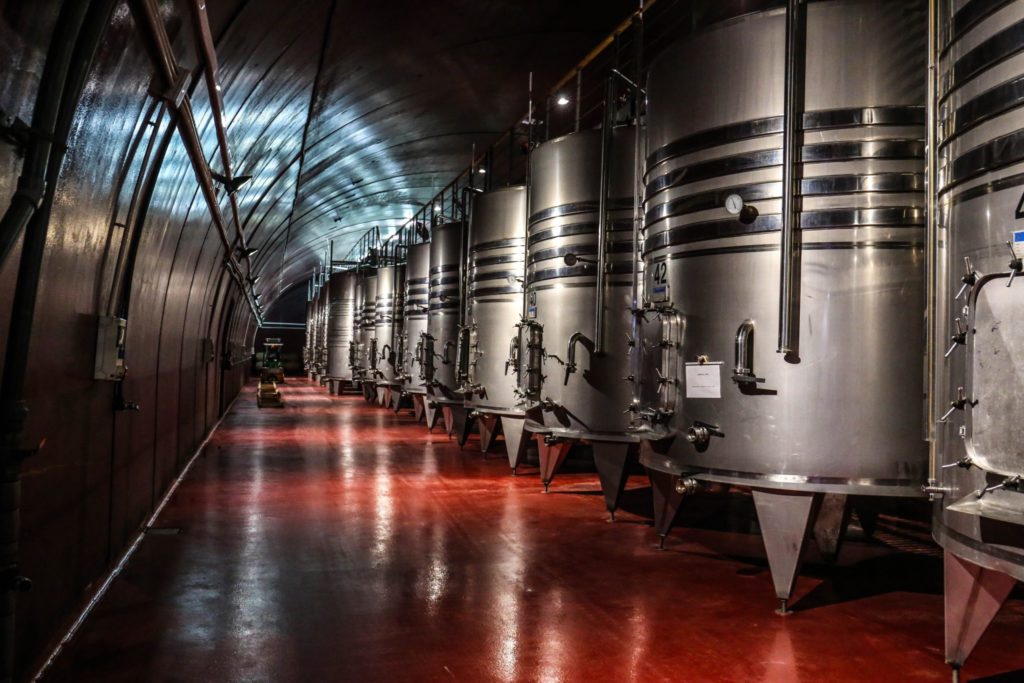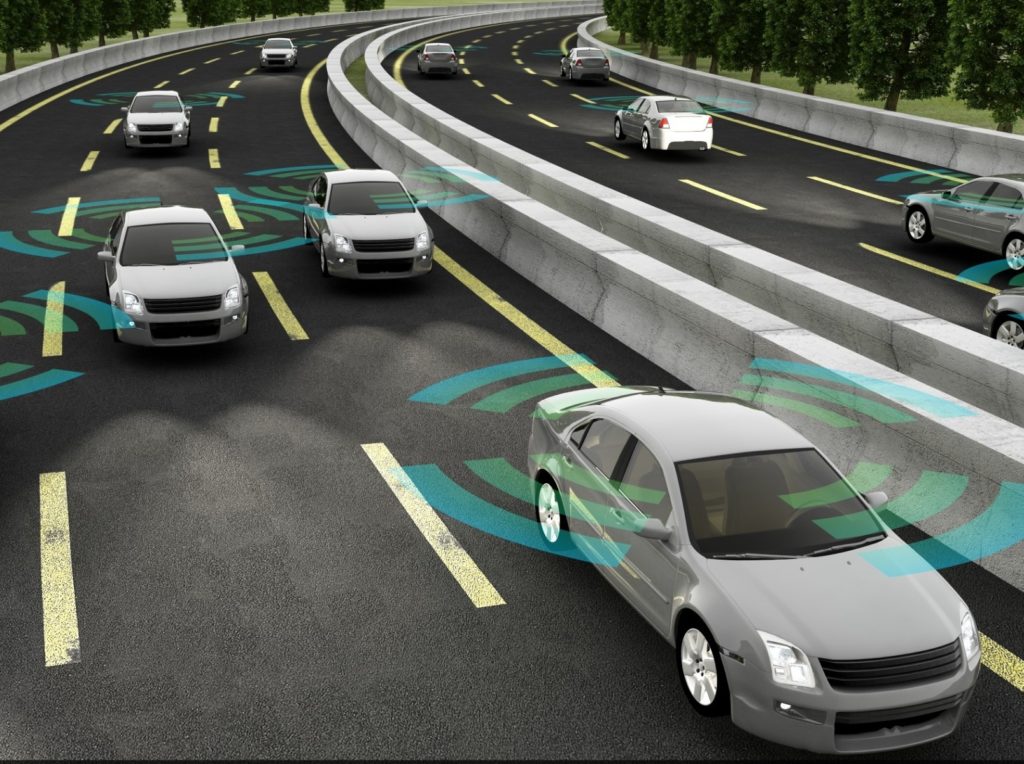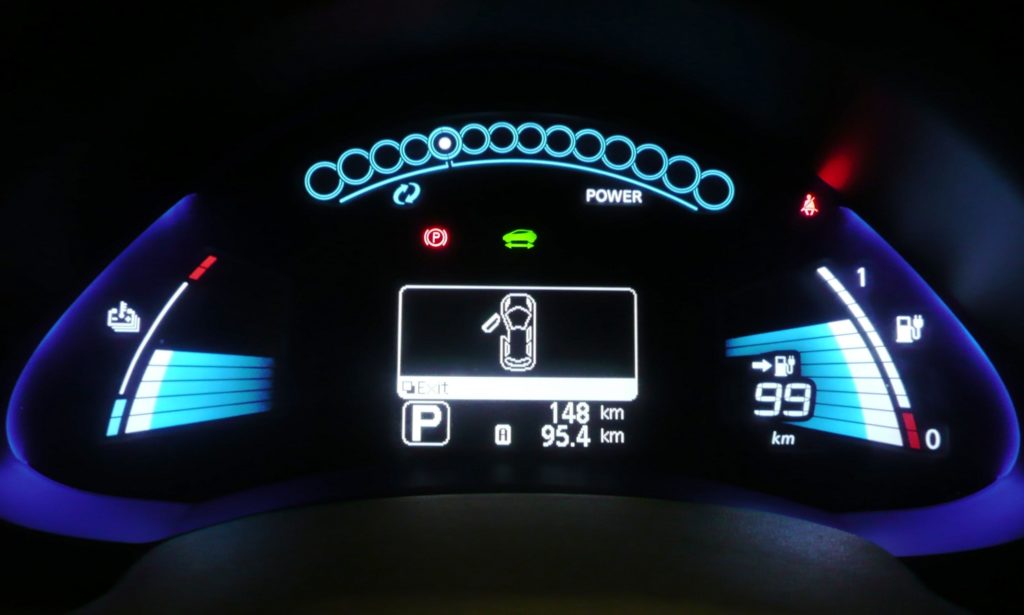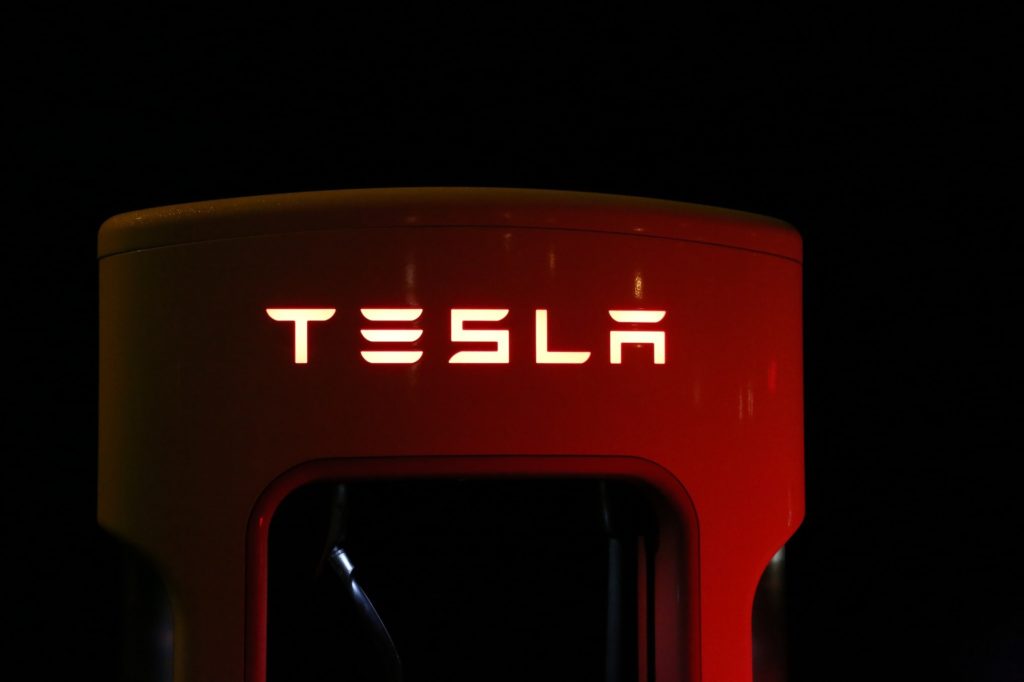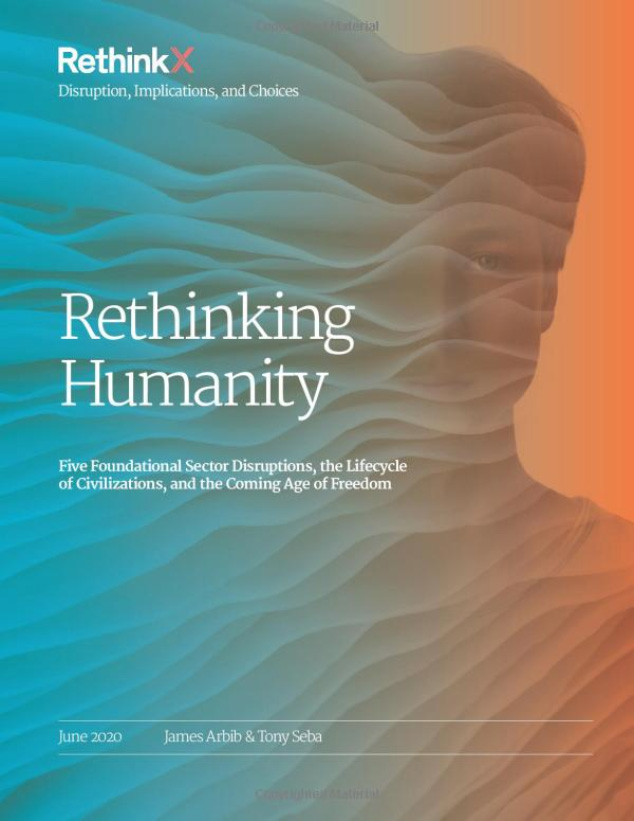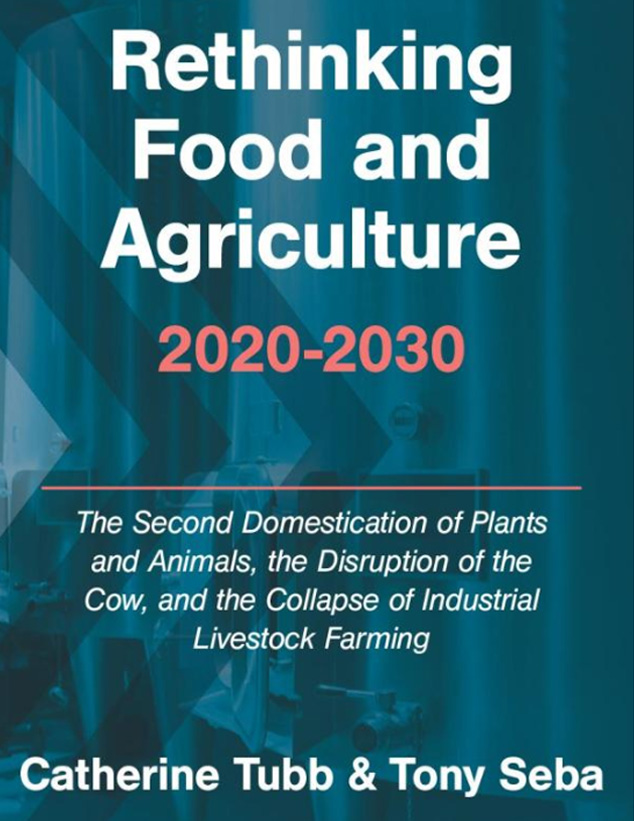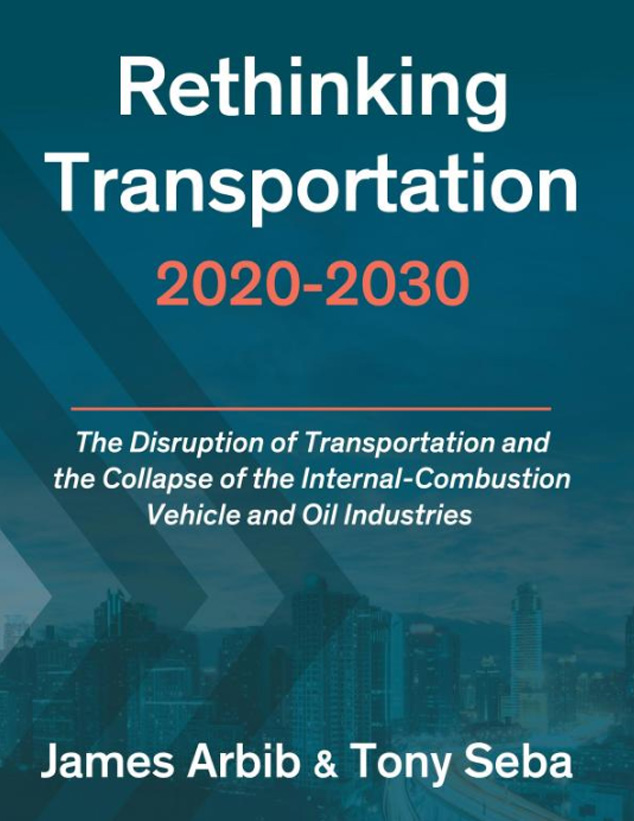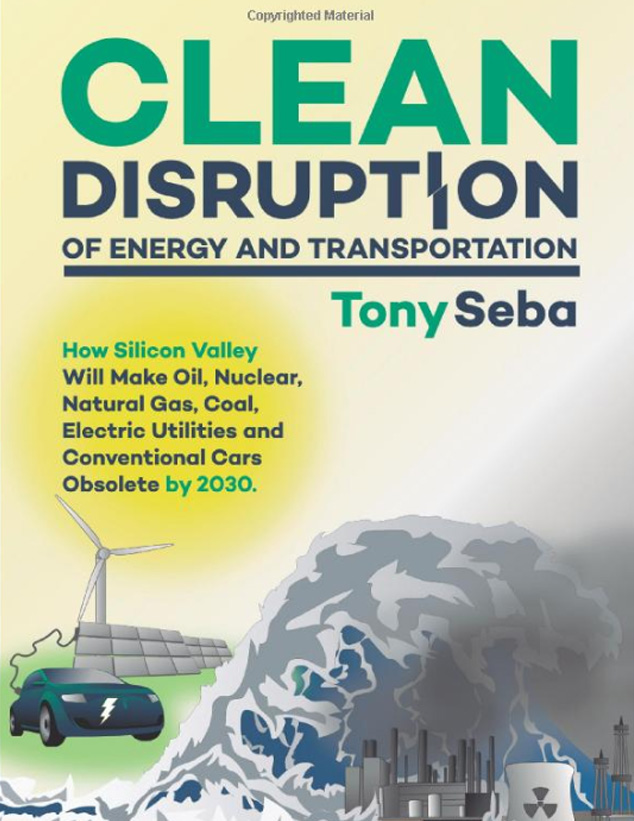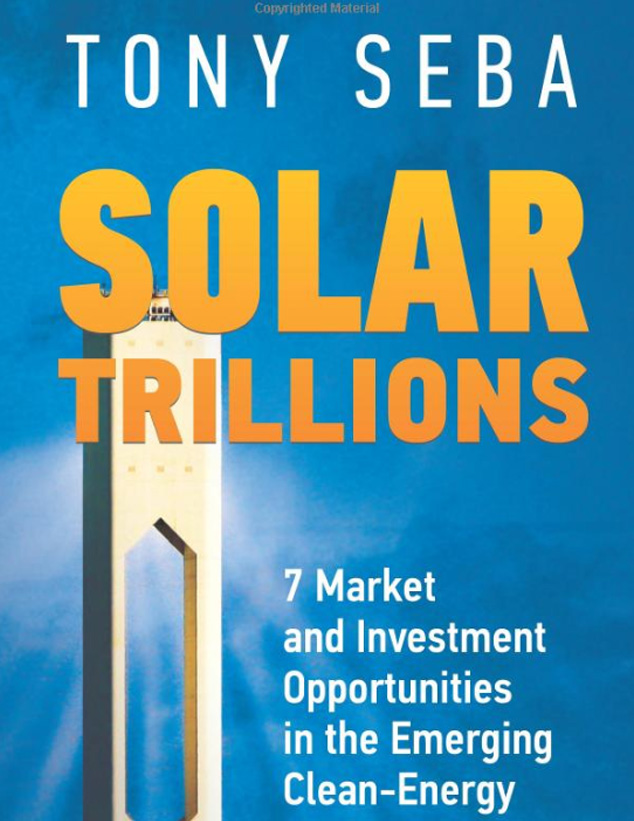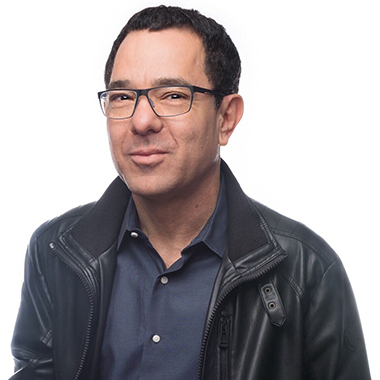
Tony Seba
Tony Seba is a world renowned thought leader, author, speaker, educator, angel investor and Silicon Valley entrepreneur. He is the author of the #1 Amazon best-selling book “Clean Disruption of Energy and Transportation”, “Solar Trillions” and “Winners Take All”, and co-author of “Rethinking Transportation 2020-2030” and “Rethinking Food and Agriculture 2020-2030”.
He has been featured in several movies and documentaries including Bloomberg’s Forward Thinking: A Sustainable World, 2040, and SunGanges. He is recipient of many awards including the Savvy Awards (2019), Solar Future Today’s Visionary Influencer Award (2018), and Clean Energy Action’s 2017 Sunshine Award. He is the creator of the Seba Technology Disruption Framework™. His work focuses on technology disruption, the convergence of technologies, business model innovation, and product innovation that is leading to the disruption of the world’s major industries. He has been a keynote speaker at hundreds of global events and organizations including Google, the European Commission, Davos, COP21, CLSA, J.P. Morgan, Nomura, National Governors Association, Conference on World Affairs, the Global Leaders Forum, Intersolar and China EV100. He has taught thousands of entrepreneurs and corporate leaders at Stanford Continuing Studies. He has a Stanford MBA and an MIT degree in Computer Science and Engineering.
____________________
Articles From This Author
Ending the Age of Resource Scarcity Part 1 – Why mineral shortages won’t derail clean energy
It’s often believed that the clean energy disruption could be fundamentally constrained by resource scarcity in the form of insurmountable raw materials and mineral bottlenecks. Increasingly, some argue that it entails a net decrease in the energy available to societies, and therefore warn of an unavoidable decline in material prosperity …
Read MoreThe Roadmap to Disruption and Market Opportunities
There is a roadmap to the disruption of food. Here we explore some of the market opportunities for disruption and what these first products will look like.
Read MoreThe Disruption of Insulin – The First Product from Precision Fermentation
Today, we are on the cusp of multiple disruptions in food and materials. So why now? In a previous blog we discussed how precision fermentation (PF) has been around for 40 years. We know this because we can pinpoint the first product commercialized from PF – human insulin. Human insulin is an illustrative example of how PF created a superior product that led to a rapid disruption of an incumbent product.
Read MoreTake a Byte! Food-as-Software
Throughout history, technology has been the driving force behind major structural changes to the food system. The plough, fishing nets, irrigation, fermentation, canning, fertilizers, tractors and refrigeration, to name just a few, have enabled us to transition from hunter-gatherers to small-scale farmers to industrial food producers on a massive scale.
Read MoreThe Impact of Covid-19 on Food – Part 2: The Rise of the New
In Part 1 we discussed why Covid-19 has impacted industrial livestock farming. Here we discuss the rise of the new protein industry in a post-Covid-19 world. Covid-19 is accelerating the collapse of the old system and the growth of a new one.
Read MoreThe Impact of Covid-19 on Food – Part 1: The Collapse of the Old
In Rethinking Food & Agriculture, published in 2019, we predicted that there will be 50% fewer cows in the US by 2030 and that by 2035 the livestock industry will be all but bankrupt.
Read MoreZero emission miles: How to decarbonize road transport quickly and cheaply
In my last blog, I talked in some detail about the need for leaders to rethink their road transport climate policy. This involves focusing on zero-emission miles (ZEMs) rather than zero-emission vehicles (ZEVs).
Read MoreZero emission miles not zero emission vehicles: Why leaders are driving climate policy in the wrong direction
Policymakers the world over are waking up to the power of electric road transportation. The problem is, they’re focusing on the wrong metrics.
Read MoreWhy would you build a million-mile car?
It wouldn’t be a selling point for most consumers who average just 10k miles per year in their cars. Who wants a car that lasts 100 years? Could you imagine an advert for a car that lasts forever?
Read More




